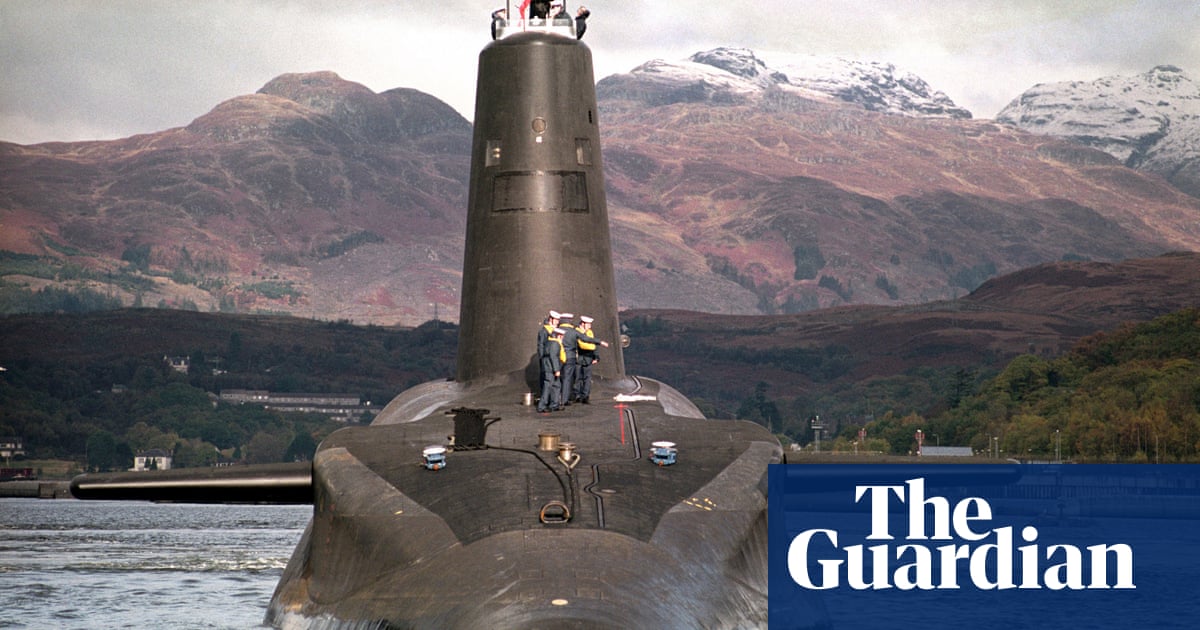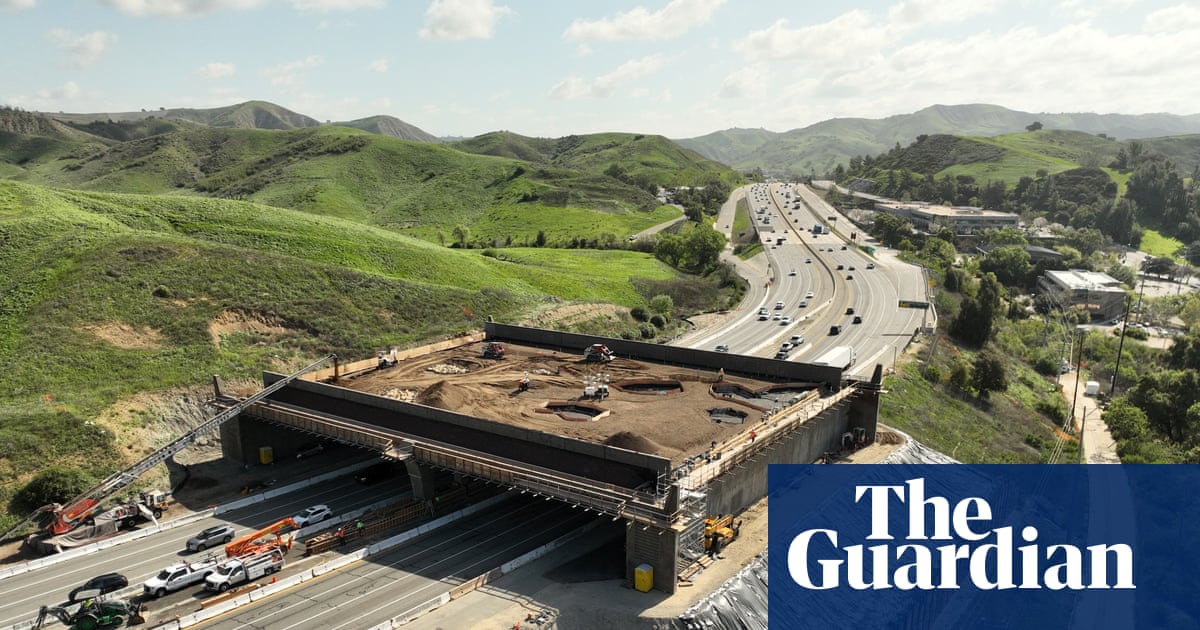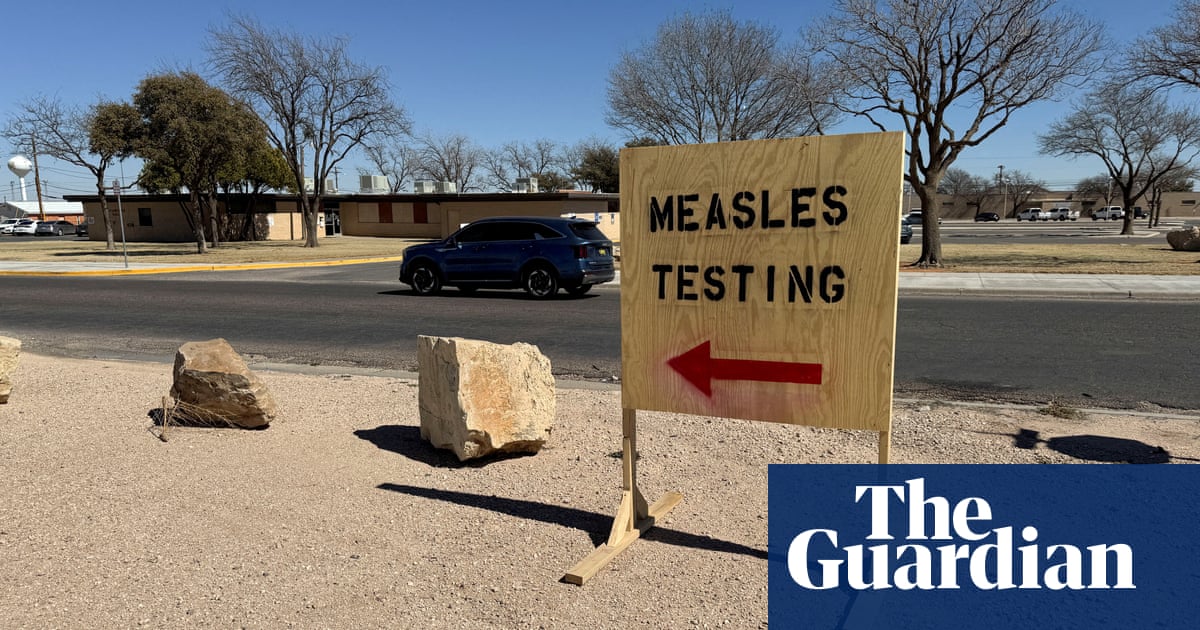Keir Starmer is preparing to rethink key elements of the government’s economic policy in an emergency response to Donald Trump’s tariff blitz, amid growing concern in Downing Street that the US president’s trade war could do lasting damage to the UK.
The prime minister believes, say allies, that “old assumptions should be discarded” in the UK’s response, suggesting he and the chancellor, Rachel Reeves, may be preparing to raise taxes again – despite having promised not to do so – or even possibly change their “iron clad” fiscal rules to allow more borrowing and fire up economic growth at home in the event of recession.
Almost $5tn (£4tn) was wiped off the value of global stock markets after Trump launched his tariff offensive last Wednesday on the rest of the world, including a 10% base tariff on imports into the US from the UK.
On Friday, the FTSE 100 closed more than 7% lower than last Monday, after what was its worst week since the height of panic over the Covid pandemic in March 2020.
Underlining the potential impact on UK businesses of a global trade war, Britain’s luxury carmaker Jaguar Land Rover (JLR) said on Saturday that it would “pause” shipments to the US in April as it considered how to respond. “As we work to address the new trading terms with our business partners, we are taking some short-term actions, including a shipment pause in April, as we develop our mid- to longer-term plans,” said JLR.
This week, Starmer, who has refused to criticise Trump or his tariffs directly, will focus on how to frame an economic response to a global economic shock that protects working people, and their incomes and jobs – as well as the UK’s public services.
He believes that the last few days have ushered in a “new era”, that the “world has changed” and that a global trade war risks “undermining a proud, hard-working nation”.
The kind of language now emanating from Starmer’s circles will be seen by economists – and politicians at Westminster – as preparing the ground for big potential shifts in economic policy on the basis that emergency times may require emergency measures.
Speaking to the Observer, Paul Johnson, director of the Institute for Fiscal Studies, said: “To the extent that this does change the economic situation in ways that could not have been predicted, that does give permission to do things that were not politically doable otherwise.”
He added “And if this is an economic crisis, it changes what is the appropriate policy response.”
On Friday, China, the world’s second-largest economy, hit back at Trump by announcing a punitive 34% of additional tariffs on imports into China of US goods, mirroring the levy imposed on Beijing by Washington on Wednesday.
The EU has yet to announce its response, while the UK said it is keeping all options available.
Starmer spoke with the French president, Emmanuel Macron, on Saturday to “share their concerns about the global economic and security impact”, said a Downing Street spokesperson. “They agreed that a trade war was in nobody’s interests, but nothing should be off the table.”
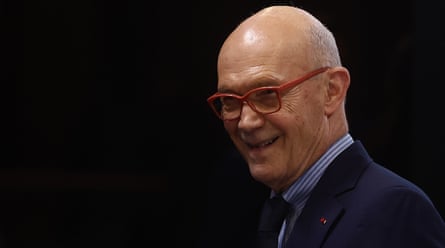
In an interview with the Observer, former World Trade Organization head Pascal Lamy, who is also an ex-EU trade commissioner in Brussels, said the EU “can use its big trade firepower to threaten the US with strong and well-targeted countermeasures, and hit the US if they do not move back”.
Lamy said there was a danger that European countries could be flooded with cheap goods from nations such as China that could no longer sell them into the US. But he added: “We have both a trade defence arsenal with anti-dumping, anti-subsidy and safeguard systems in case of import surges.”
Referring to Trump’s tactics, Lamy said it was best to respond robustly in a way the US president understood: “I think Mr Trump learned to do business in the New York mafia-influenced real estate market and that his tactics are based on extortion – you hit and keep hitting for as long as you do not get a good price for stopping. Showing your muscle, it seems to me, is the way to transact with him and his people.”
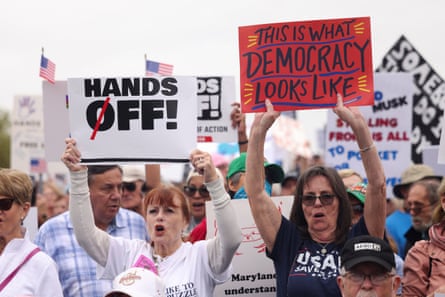
In a sign of growing concern in the US about the direction of the country after Trump’s election, hundreds of thousands of people took to the streets of Washington and other big cities on Saturday in a show of defiance against the president’s “authoritarian overreach and billionaire-backed agenda”.
The “Hands Off” protests – of which more than 1,000 events are planned across the country – were expected to be the largest single day of action since Trump was sworn into office for a second term.

 21 hours ago
12
21 hours ago
12






